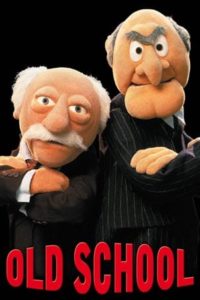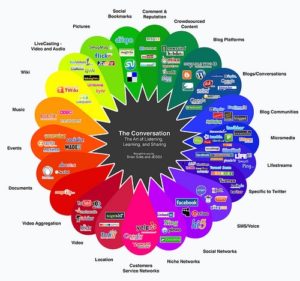US hotel industry performance has not yet shown signs of recovery. Declines in all key industry metrics – occupancy percentage, average daily rate (ADR) and revenue per available room (RevPAR) continue to decline in 2009 when compared to comparable periods in 2008. Smith Travel Research (STR), PriceWaterhouseCoopers(PWC) and PKF International (PKF) all forecast that ADR and RevPAR will continue to decline in 2010. Reviewing peak period weekly performance statistics, it appears that the US hotel industry needs to prepare for “A New Normal” with lower corporate and group business and value oriented leisure travelers when supply and demand reach equilibrium.
How Google Can Help Simplify Online Travel Planning
The planning phase of the seven-step travel process is a hot area for travel startups that are developing innovative solutions to address a complex problem. Google, with 70+% share of US search traffic and many existing travel planning tools is perfectly positioned to improve and simplify the travel planning process. In the future, end-to-end planning of complex travel arrangements will result from enhanced profiles supporting trip-centric traveler personas and geo-aware itinerary sequencing tools. The introduction of hard and soft filtering will provide support for emerging Web 3.0 technologies capable of providing more relevant travel product recommendations.
Multiple Persona, Trip-centric Travel Has a Name – EveryYou
Travel is a complex process that differs significantly from other online purchases. Traveler destination, hotel, airline and travel itinerary selection decisions are not only highly personal in nature, but also may be based on very different criteria depending on the nature of the trip being planned. By applying multiple persona marketing concepts against specific trip-centric attributes provides a multi-dimensional traveler profile that is far superior to conventional frequent traveler information maintained by online travel sites, hotels, airlines and car rental companies. EveryYou is the term given to the concept by blogger Tim Hughes in a presentation prepared for the Web In Travel Conference at ITB Asia in Singapore.
Freedom of Choice in Expedia Contract Negotiations?
Contract negotiations between Choice Hotels International and Expedia have broken down, resulting in Choice brands being removed from Expedia’s websites. As negotiating power now favors Online Travel Agencies, hotel brands must maintain discipline to retain mutually beneficial terms. Seeing continued declines in both occupancy percentage and average rate, hotel owners may be willing to exchange future margins for immediate business volume. Hotel brands are challenged to maintain chain-wide pricing integrity and competitive positioning the economy improves. Hotel brands able to maintain strategic alignment with its hotel portfolio will have the best prospect to emerge stronger when the industry recovers.
Erin Andrews Peephole Video Demands a Proactive Hotel Industry Response
Erin Andrews victimization by a stallker who modified a peephole and filmed a video using a cell phone camera has been well documented. What has not been publicized is that unmodified hotel peepholes do not put a guest’s personal privacy at risk. Hotel management is able to take three basic measures that can help to eliminate the risk of future peephole related security issues. One distressing recommendation that has arisen as a result of the publicity is the recommendation for women traveling alone to block the hotel room peephole. Instead, women should always use the peephole before opening a hotel room door to avoid the risk of entry by unwanted visitors.
Wynn Resorts Becoming “More Chinese” With Hong Kong IPO
Wynn Resorts is selling 25% of its Wynn Macau property for an estimated $1.5 Billion through an IPO next month. The Financial Times is reporting that this is the first time an American company has issued shares on the Hong Kong Stock Exchange. Steve Wynn, the man responsible for redefining the Las Vegas strip 20 years ago, is quoted as saying he would like Wynn resorts to become “more of a Chinese company.” There is good reason for this strategy – Macau is already the world’s largest gaming market, with gambling proceeds doubling those of Las Vegas. By successfully integrating Chinese perspective and sensibilities into the product, marketing, operational and now financial aspects of his casinos, Wynn Resorts’ chairman is positioning the company to benefit from a growing market of Chinese players over the next 20 years.

















